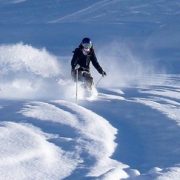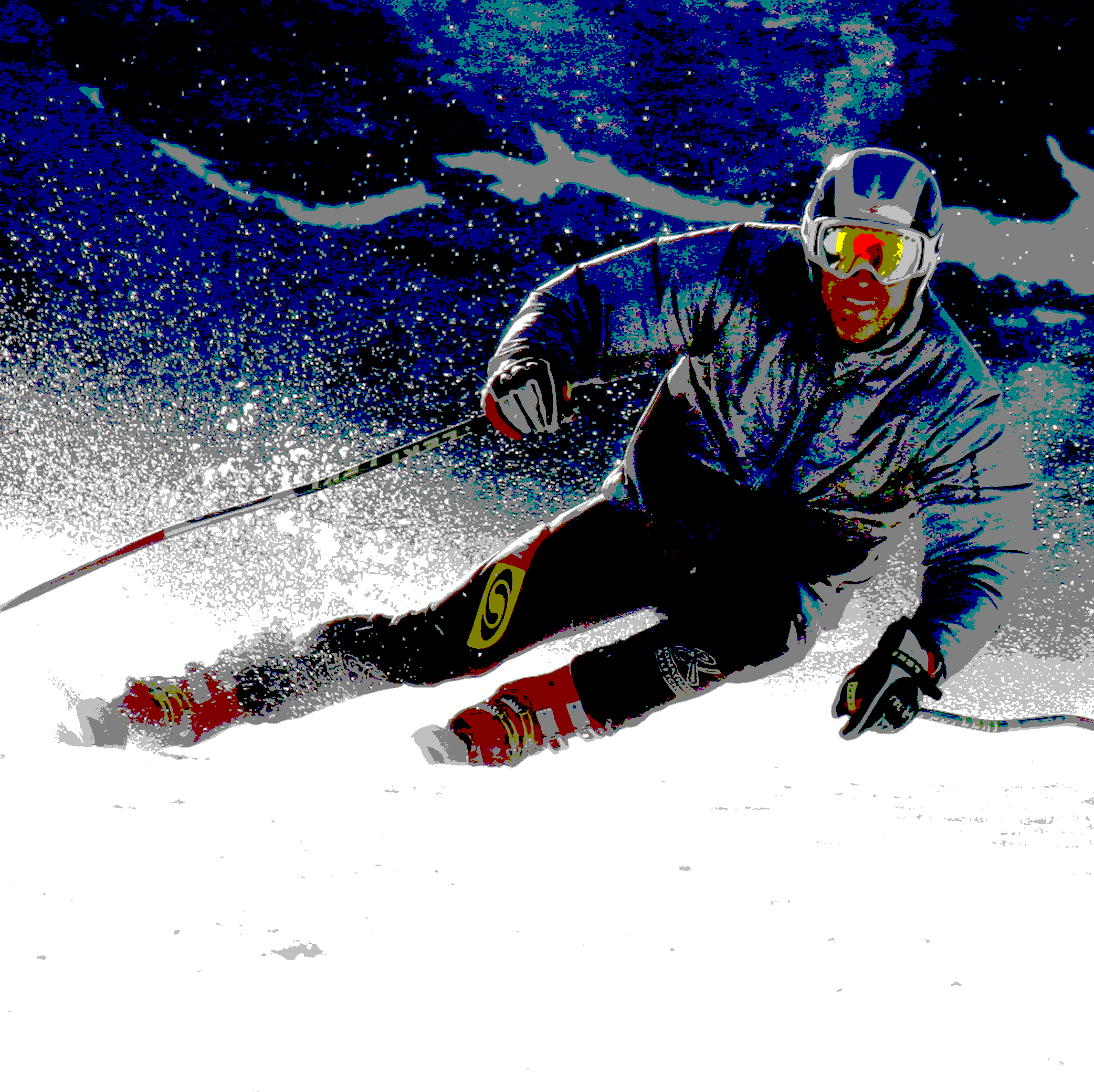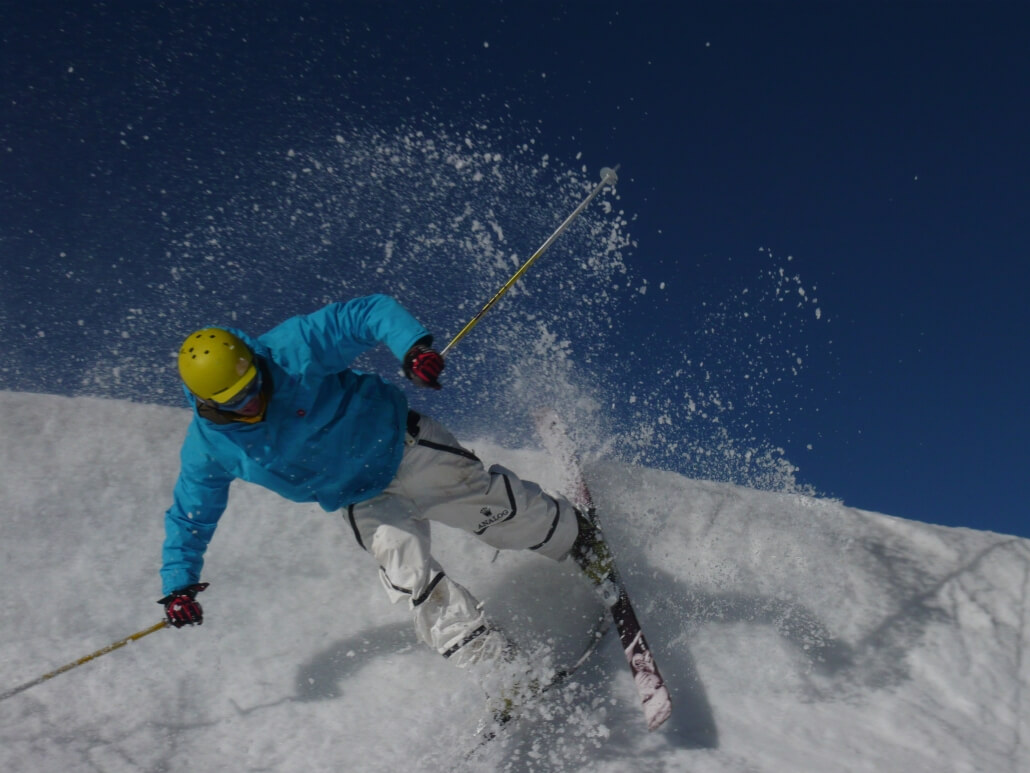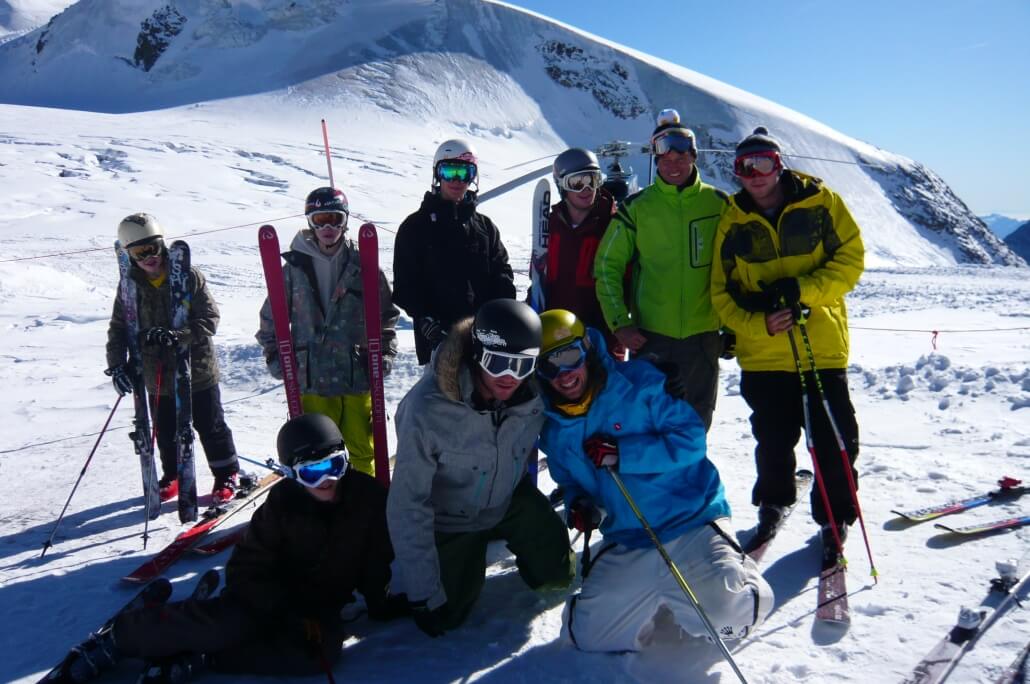Verbier Ski Lesson | Its a crisp sunny winter morning
Its a crisp sunny winter morning
Fresh snow has fallen making the mountains all white and beautiful, a reminder of why I choose the route of eternal ski bum! The real world where ever that might be has slipped off the horizon and I am left there in my own little world of bliss – ‘Excuse me is your name Roddy’ – ‘Ah Yes’ – ‘You must be my client for the today?’ And so I jump into super instructor mode – Interesting how we can choose a response appropriate for the moment? It is also interesting to think about where we get those responses from? How did I move from a bit of day dream, wondering how great the mountains looked, to choosing what I hope is the right response for the client in front of me?
After a brief chat with my client, she tells me that she has never skied before and is really scared! Now if you jump back a sentence you’ll notice that I noticed that it is interesting where we get our emotional responses from?
Here is a person who is perfectly sound of mind, who has never skied before telling me she is scared of skiing! How has she got to this point? What is she basing her fear on? She has no previous knowledge or mental map of skiing or snow – However she has managed to find a mental map of fear and then over-laid her map of fear onto skiing?! So, it could be said we have mental maps for all our emotional responses? If this is the case do we have the power to choose our emotional responses?
You know the other day I went to a café and asked for two espressos – Which, when they arrived on the table were fantastically smooth with those lovely brown bubbles on the top. All in the world is good – I enjoyed the coffee with my companion, then I asked for the bill and paid. However the waiter had not given enough change! Well as you can imagine at this moment it is very easy to find my mental map of being cross and firm and to ask the waiter for the correct change? Can you? You see you probably have the ability to choose your emotional response in this situation?
So back to my lady is it possible for her to choose a different response and make the most of her day? If she can reach into the chart room of her mind and choose the mental map best suited to achieving the most from her skiing, which map should she choose?
Whatever your sport and level only you are in control of your emotions. It is your personal choice how you see the world and also your choice how you respond to events in the world. The key is knowing how to allow yourself to take control of your emotions.
If you need help finding your mental chart room then contact: roddy
Roddy Willis Performance Coach and Ski Instructor





